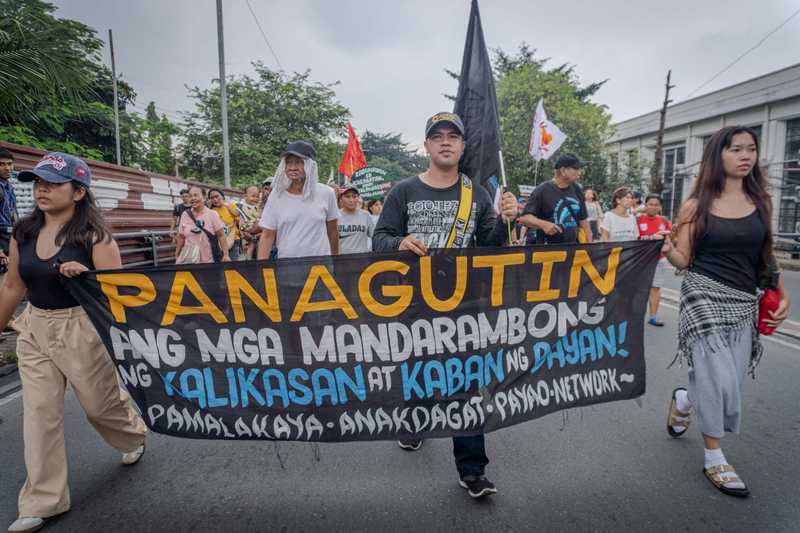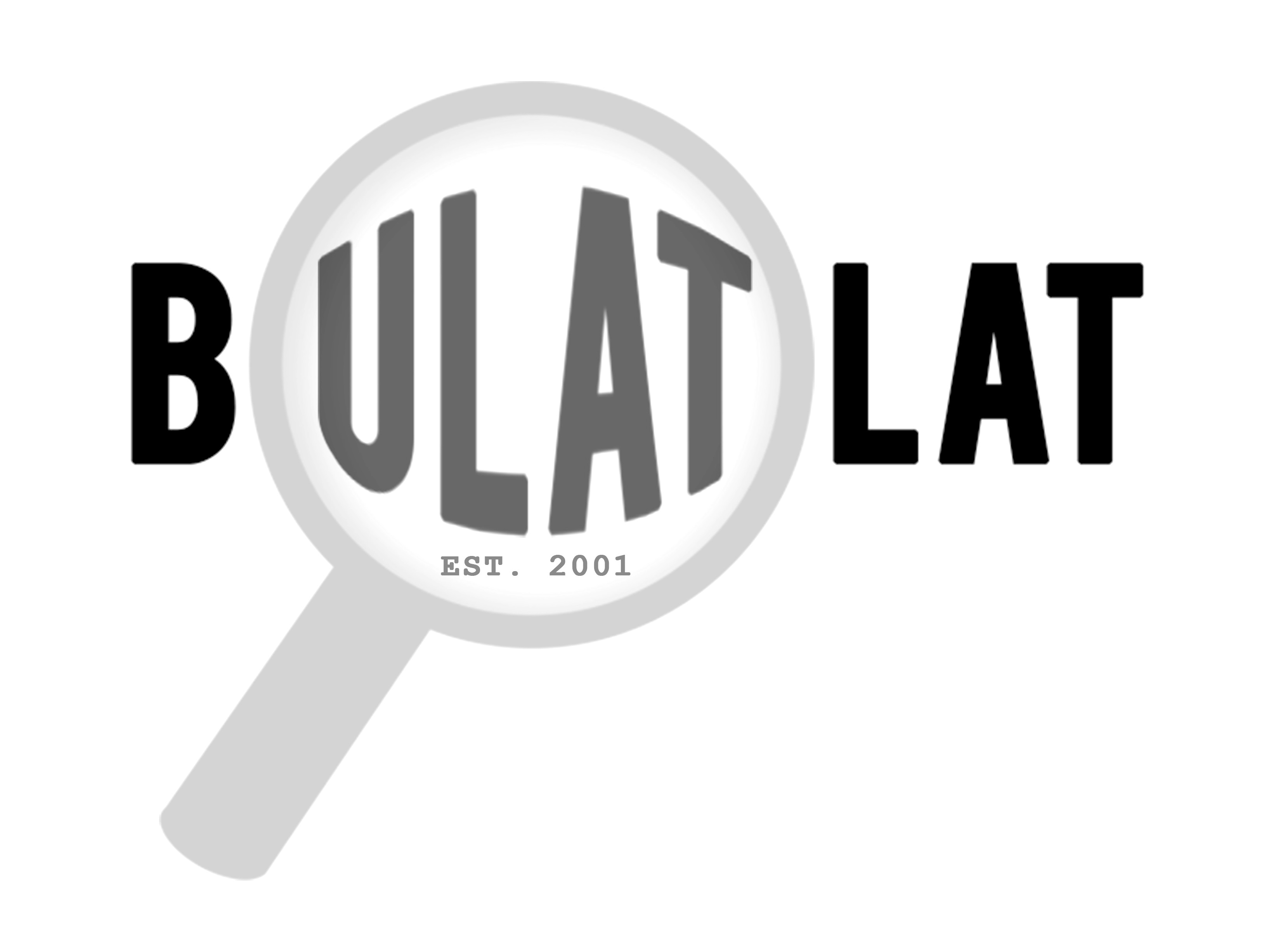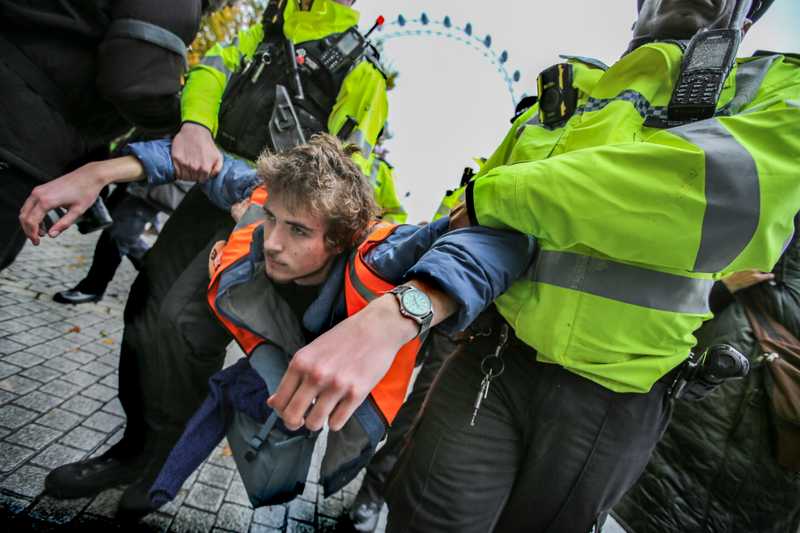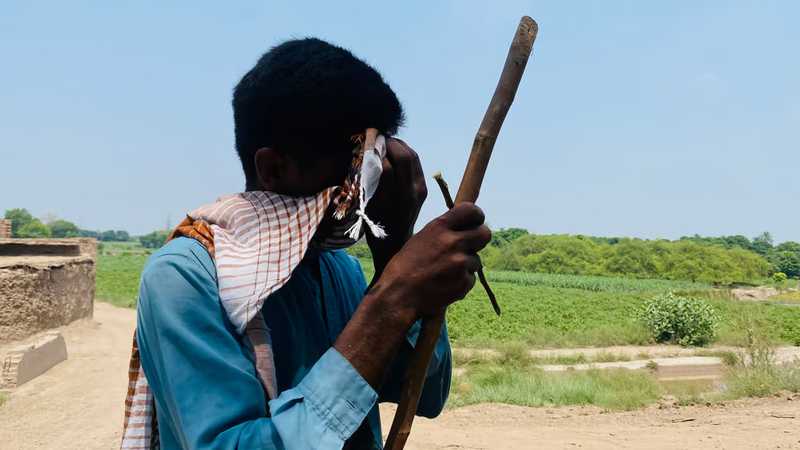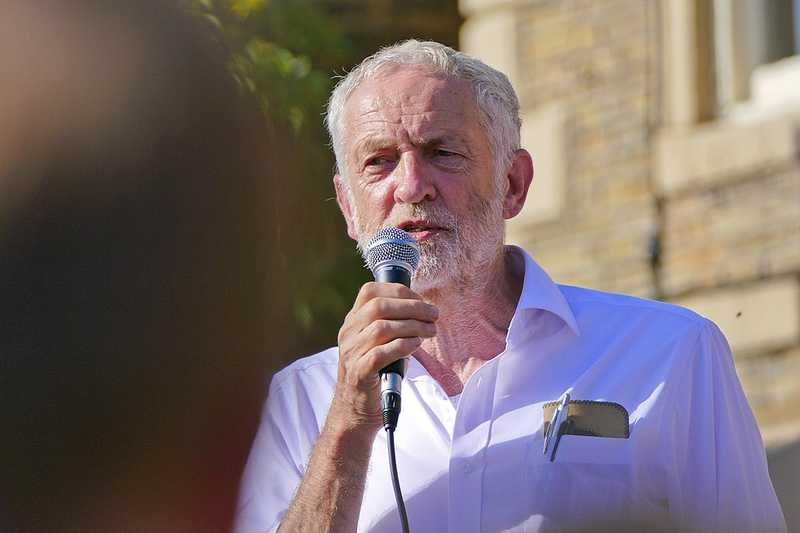
We are in our twenty-sixth year of United Nations climate change conferences. It's been over forty years since oil companies discovered and then suppressed knowledge of climate change. Generations of schoolchildren have been taught about our warming world. And yet the crisis continues unabated. The last IPCC Working Group report set out five emissions scenarios — but even in the most optimistic case, global surface temperatures will surge for decades.
From the Joe Biden administration’s climate-finance pledges to China’s commitment not to build new coal-fired power plants, we are at last seeing some commitments from the world’s great powers. Yet there remain three problems. The level of change is inadequate; big polluters remain entrenched and capable of holding back progress; and the people first and worst hit by climate impacts are being left to suffer.
Actions lag behind words. In the United Kingdom, Boris Johnson has gone from past climate skepticism to stealing the language of the “Green Industrial Revolution” pioneered by Rebecca Long-Bailey under my leadership of the Labour Party. Sadly, he has not stolen the substance attached to the words. The government’s climate-change targets are insufficient and risk not being met, and the money they have committed is orders of magnitude less than their spending surge for weapons and war.
We are today living through a crisis that has shown grim portents of what to expect from current governments on climate change. During the coronavirus crisis, our response was derailed, and lives were lost, as a result of nationalism, profit-seeking, vaccine-hoarding, the deliberate running down of critical services by governments bent on austerity, and denial of the crisis’s seriousness.
We cannot rely on weak politicians running a system that rewards profiteering at the expense of the public good. At the events we are hosting with trade unions and civil society organizations alongside COP26, I will make a simple point: our future depends on us taking power into our own hands.
Green New Deal
To give some examples of what this looks like: climate change impacts on land and at sea are already heightening risks to livelihoods, health, biodiversity, infrastructure, and food. This is not just true for communities immediately dependent on oceans and forests — everywhere, approximately 800 million people living in extreme poverty will be most vulnerable to the food-price spikes created by disruption to food supply linked to extreme weather.
Whether it’s the millions of Indian farmers once again striking for their future, or rewilding initiatives, or land rights movements, or the Right to Food campaign here in Britain, we need global conversations about how we secure access to food for all in a warming world.
Our cities — even in the advanced economies — are already unacceptably polluted, posing serious risks to health and life. Without mitigation, heat and flooding will worsen this situation significantly. Heat waves will occur in cities, while sea level rise, storm surges, and river surges will combine to make flooding more likely. From those campaigning against decisions to put poorer and minority ethnic communities in the front lines of airline pollution, to the mutual aid networks that flourished during the coronavirus pandemic, to communities drawing up local Green New Deal plans along the lines of the successful Preston Model, we need to reimagine our towns and cities.
Many solutions to the climate emergency will come from such collaborative, bottom-up action. Yet it alone is not enough. We need governments with the vision and the backbone to rein in the fossil fuel industry once and for all, working together across borders to do so. The transition to renewables must be accelerated, and millions of people must be offered the skills and the good, well-paid jobs to get it done. The United States’ Civilian Climate Corps proposal is one step in the right direction. But it’s only the beginning of a global Green New Deal that takes carbon out of the atmosphere and puts money in workers’ pockets.
Fossil fuel extraction is not the only way that the few profit from climate change. When Texas froze earlier this year (which may well have been linked to climate change), energy companies took the opportunity to hold people to ransom with astronomical energy bills. The same risk is inherent in the United Kingdom’s current energy crisis. These situations are often used as arguments against renewable energy, rather than the arguments against disaster capitalism that they should be.
Climate-linked crises, from African desertification to North American wildfires, have one thing in common: they cause people to move. According to new research from the International Federation of Red Cross Societies, internal displacement due to disasters surged last year — both in the Global South and in advanced economies — and all 192 national Red Cross and Red Crescent societies are dealing with climate impacts in some form. A global Green New Deal must do two things: provide immediate climate finance to aid adaptation and prevent displacement — and dismantle the industry profiting from displacement.
Redistributing Power
Another new paper launched before COP26 provides a disturbing figure: the world’s biggest emitters are spending up to fifteen times more on arming borders against future climate-linked refugees than they are on climate finance for the poorest countries. This “Global Climate Wall” is already driving violence at borders, drawing investment away from real climate action, and providing a false sense of security to the most powerful nations.
The $68 billion border, surveillance, and military industry that supplies it lobbies extensively to get its way, and, as the researchers point out, possesses a revolving door with its fellow climate profiteers in the fossil fuel industry. Imagine if such funding and imagination was applied to ending climate displacement, and to developing global compacts on refugee protection, on the scale of the Nansen passports granted to stateless refugees after World War I.
I previously wrote for Jacobin that the climate emergency is a class issue. It punishes the many and is driven by systems built by the few. Only a huge redistribution of power can prevent the climate crisis from deepening — and build a better world from what follows. Often, the situation seems bleak. But when we come together, we have the ideas and the power to change the world.
I was born into the generation that followed the end of World War II and into a society that rebuilt from a disaster in the interests of the many. We created new homes in new towns, invested in our children’s futures, and built our National Health Service, which stands to this day as a living monument to what compassion and a belief in the common good can accomplish.
In the face of climate change, we can do even more, using the power and resources at our disposal to preserve human life on a flourishing planet. Let’s not wait until after a crisis to rebuild.
Jeremy Corbyn is the former leader of the UK Labour Party and is currently a sitting member of parliament for Islington North.
Photo: Sophia Brown, Wikimedia

